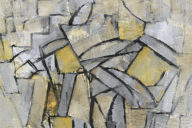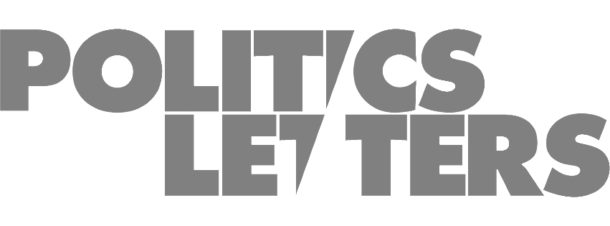Herewith Issue # 10 of our little magazine, the quarterly version. As you know by now, P/L Live is our faster side. Here we run longer pieces—not slower, just longer.
In this issue, we feature an interview, a four-act play, and seven essays—on everything from Catalan politics to the experience of Teachers for America in Baltimore.
John McClure again writes from Spain on the recent events there, suggesting that promising ties between Catalan radicals and Podemos are in the making, but also that an impending crisis of leadership might disable any alliance, or, for that matter, any left-wing political gains. Rafael Gomez-Mariana writes about the Catalan situation from a different, first-person perspective, describing the “illegal” referendum the Spanish government suppressed with propaganda and brutal force. Even so, he suggests that the Catalan nationalists and the Spanish government both won this contest, by enlarging their ranks and forcing moderates into one camp or the other.
Paige Vaccaro describes her harrowing stint with TFA in Baltimore. Not that she felt she was in any danger. In fact, the Calvert Street Boys she approached—the guys with the over-sized white T-shirts standing on the same corner every day—were friendly informants on the neighborhood and the state of the schools. They ended up face down on the sidewalk, arrested in a random police raid.
Kristofer J. Petersen-Overton explains what it’s like to teach environmental ethics at Montana Technical, an institution of higher learning devoted to the production of petroleum engineers—where climate change is still in doubt.
Molly Gilbin asks “what is Europe?” It’s a question she poses to her students as a way of inquiring into the predicates of nationhood in the present-day West, when nationalist populism—not least in France—seems to have overrun the Enlightenment’s insistence on a separation of church from state, on the one hand, and ethnic origin from citizenship, on the other. She enters the debate on secularism vs. religion as the source of legal standing for both states and individuals, citing Joan Scott’s recent work along these lines. In the end, she can convincingly say Europe is an idea, not a place.
Victoria Wiet takes a different path into the meanings of nationhood, by taking us with her on a tour of the Tate Museum’s recent exhibit, Queer British Art, 1861-
She went to the exhibit on the day of the Pride celebration in London, which spilled out of the West End and became a city-wide party. The diversity of the crowd—all kinds of Brits—made her ask how queer identities shaped the very idea of the British Empire. The sheer comprehensiveness of the exhibit, enlisting artifacts as well as pictorial art, matched that diversity. And the curators’ periodization of Queer British Art , starting in 1861 and ending in 1967, is their way of reminding the viewer that legislation—the nation-state—determined the legal standing of queer Brits.
Barnaby Raine counters with an appreciation of socialist internationalism, in the spirit of Lenin’s manifestos from before the Bolshevik Revolution. He tracks the structural determinants of diaspora, migration, and mass movements, citing capital’s mobility as the cause of each, meanwhile exploring the ugly history of exclusionary programs in the history of labor parties and movements. It’s a sobering perspective.
My contributions to Issue #10 are a play set in Rome, 399 A.D., and the fourth part of my interview with Andrew Hartman on liberalism and the Left.






No Comments